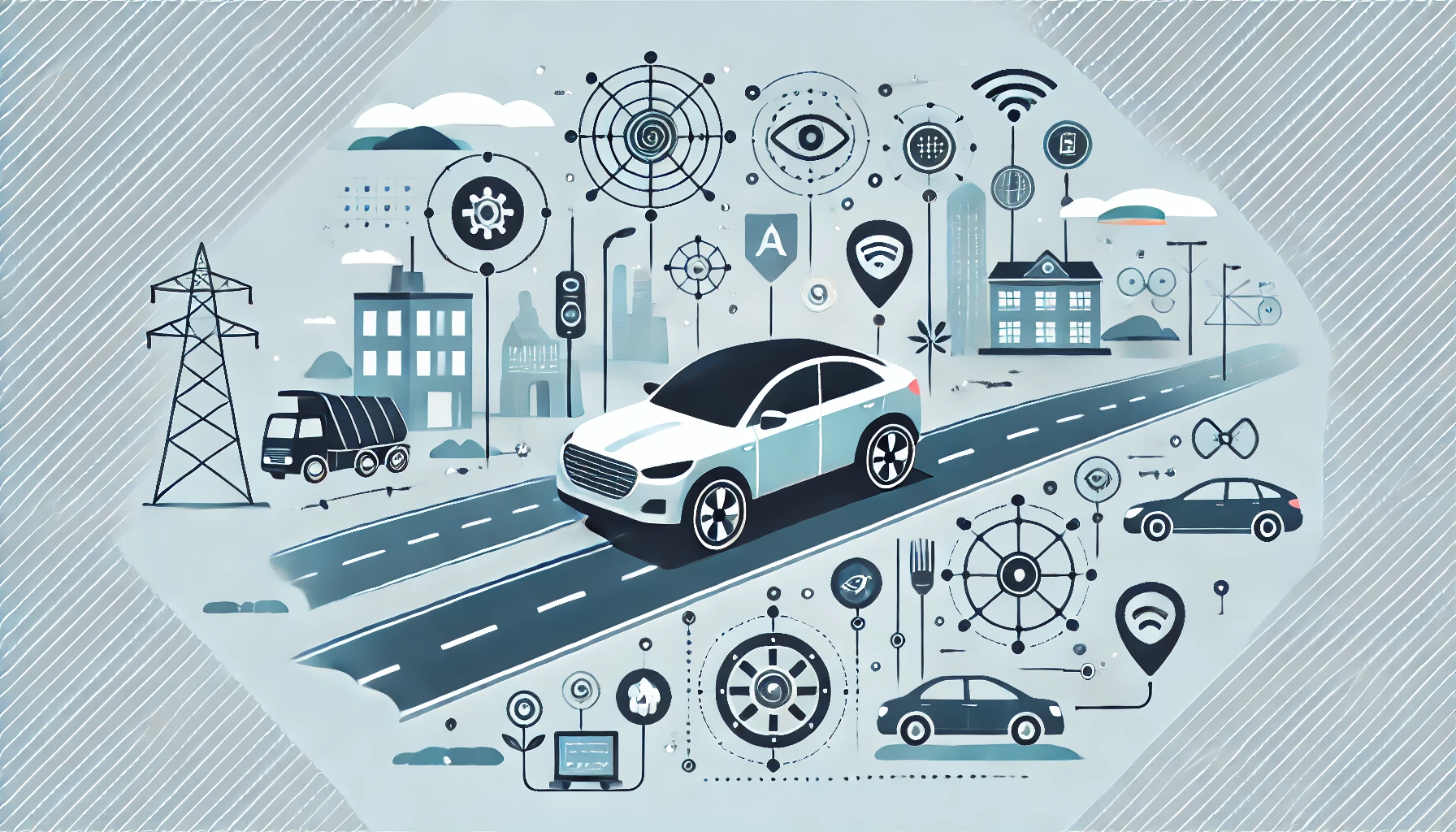Welcome to the eighth article in our series, “Driving Safely: Understanding Your Vehicle’s Safety Features.” Today, we’ll explore the future of vehicle safety with autonomous cars and beyond. If you missed our previous articles in this series, be sure to check them out!:
- The Basics of Vehicle Safety: Essential Features Every Car Should Have
- Advanced Driver-Assistance Systems (ADAS): Enhancing Road Safety
- The Role of Telematics in Driving Safety
- Child Safety in Cars: From Car Seats to Child Locks
- The Impact of Tire Pressure Monitoring Systems (TPMS) on Safety
- Electronic Stability Control: A Guardian Angel on Slippery Roads
- Smart Headlights and Night Vision: Illuminating the Path Ahead.
The Future of Vehicle Safety: Autonomous Cars and Beyond
The automotive industry is on the brink of a revolution, with autonomous vehicles poised to transform the way we drive. These self-driving cars promise to enhance road safety, reduce accidents, and improve overall transportation efficiency. Let’s explore the current state of autonomous vehicle technology, potential safety features, and the ethical and legal considerations surrounding self-driving cars.
Autonomous Vehicle Technologies
Autonomous vehicles use a combination of advanced technologies to navigate roads and make driving decisions. Here are some of the key technologies involved:
- Lidar and Radar Sensors: These sensors map the environment in real-time, detecting obstacles, other vehicles, and pedestrians to navigate safely.
- Artificial Intelligence (AI): AI algorithms process data from various sensors to make driving decisions, such as when to stop, turn, or accelerate.
- Cameras: High-resolution cameras provide visual data for lane detection, traffic sign recognition, and object identification.
- GPS and Mapping Systems: These systems provide accurate location information and detailed maps to guide the vehicle’s route.
Potential Safety Features of Autonomous Vehicles
The integration of autonomous technology brings several safety features that could significantly reduce traffic accidents:
- Collision Avoidance: Autonomous vehicles can detect and avoid potential collisions by reacting faster than human drivers.
- Lane Keeping and Merging: Advanced systems ensure the vehicle stays within its lane and merges safely with traffic.
- Pedestrian Detection: Enhanced sensors and AI enable autonomous vehicles to detect pedestrians and cyclists, preventing accidents.
- Traffic Sign Recognition: AI systems can recognize and respond to traffic signs, ensuring compliance with road rules.
Ethical and Legal Considerations
As autonomous vehicles become more prevalent, several ethical and legal issues must be addressed:
- Liability in Accidents: Determining who is liable in the event of an accident involving an autonomous vehicle is complex. Is it the driver, the manufacturer, or the software developer?
- Data Privacy: Autonomous vehicles collect vast amounts of data. Ensuring this data is used responsibly and protecting user privacy is crucial.
- Ethical Decision-Making: Autonomous vehicles must be programmed to make ethical decisions in critical situations, such as choosing between two harmful outcomes.
Conclusion
The future of vehicle safety looks promising with the advent of autonomous cars. These vehicles have the potential to drastically reduce accidents and improve transportation efficiency. However, as we move towards this future, it’s essential to address the ethical and legal challenges that come with it.
Stay tuned for more insights and updates on vehicle safety technologies. Drive safely and embrace the innovations that are shaping the future of transportation.
If you or someone you know has been involved in an accident, Stillman & Friedland Attorneys are here to help. Our experienced team can guide you through the legal process, ensuring you understand your rights and options. Call our Nashville team at 615-244-2111 for a free, confidential consultation. You can also reach out via our live chat or online contact form.
Stay safe out there, Nashville.
Because we care…
Stillman and Friedland







